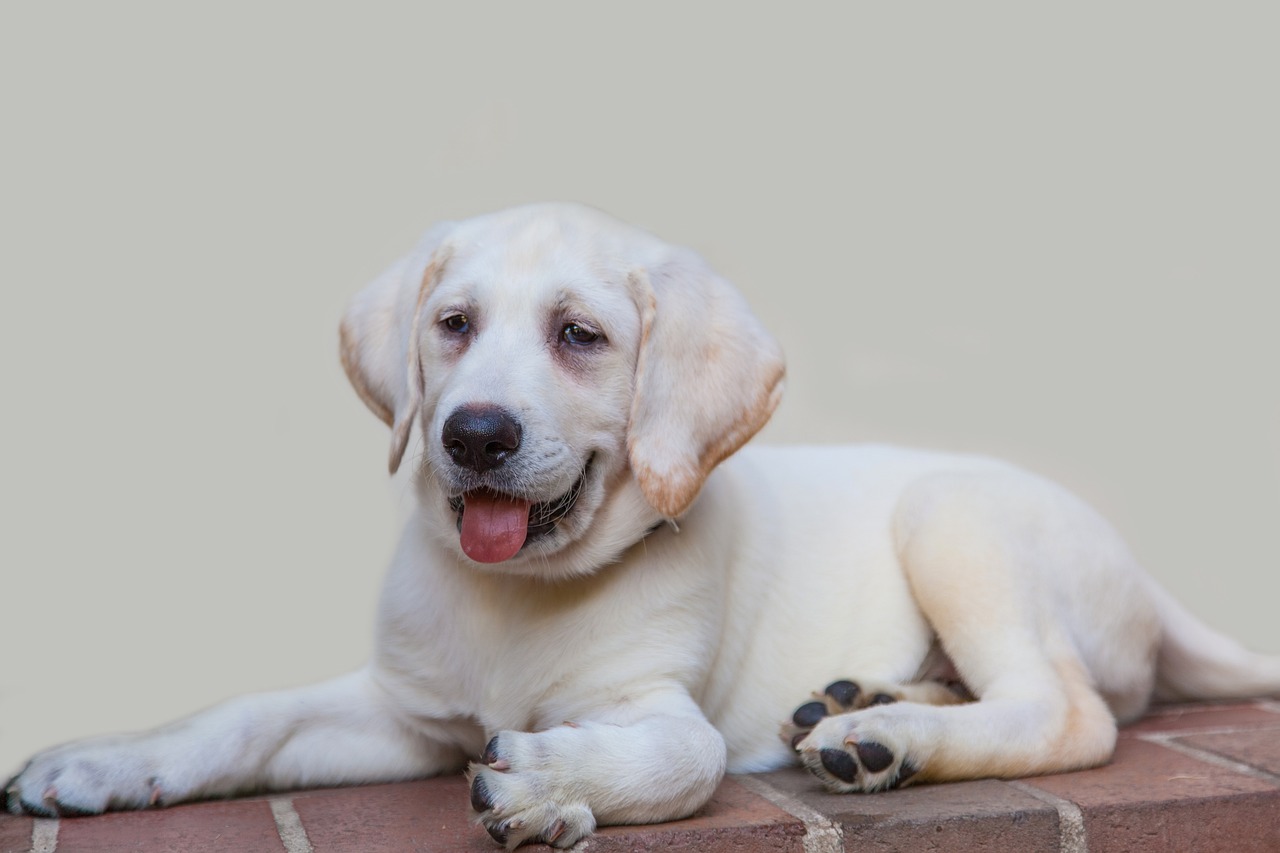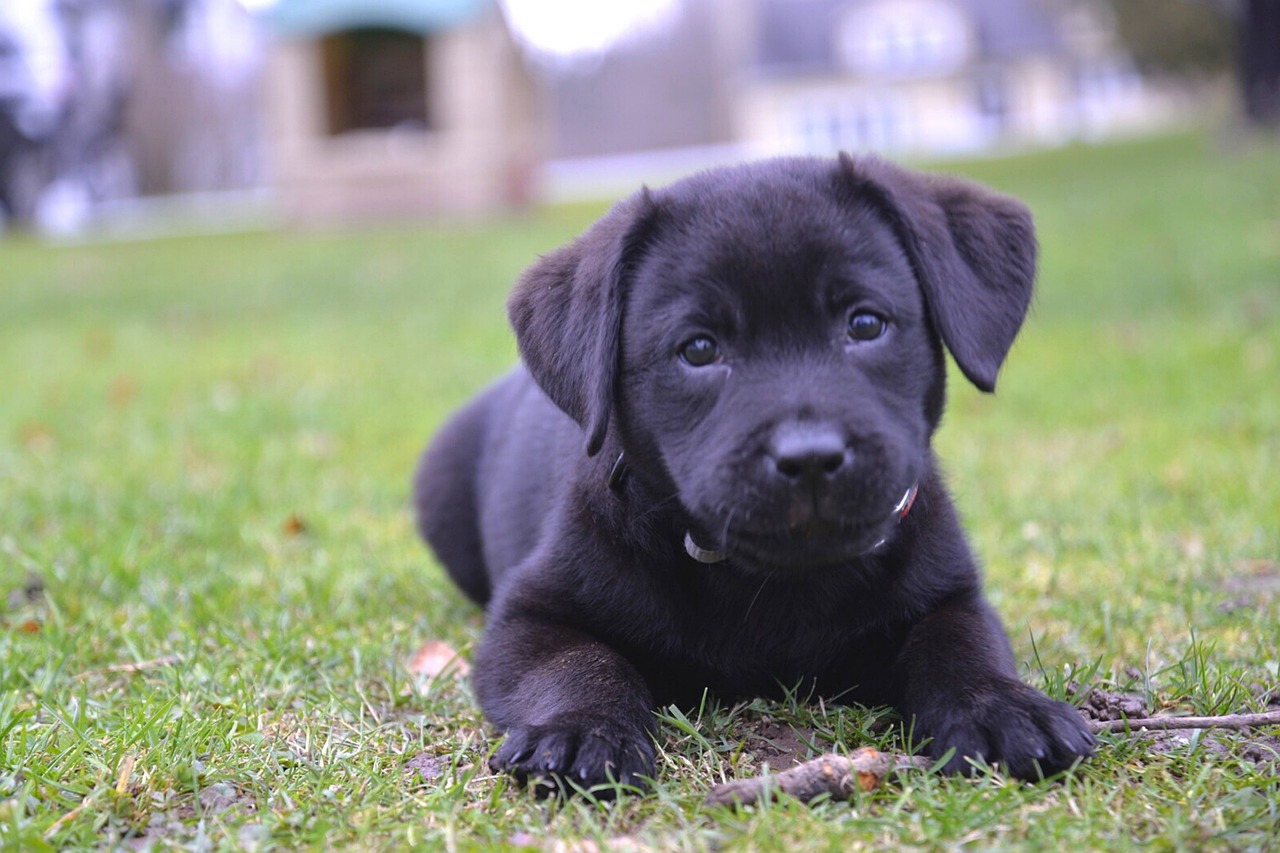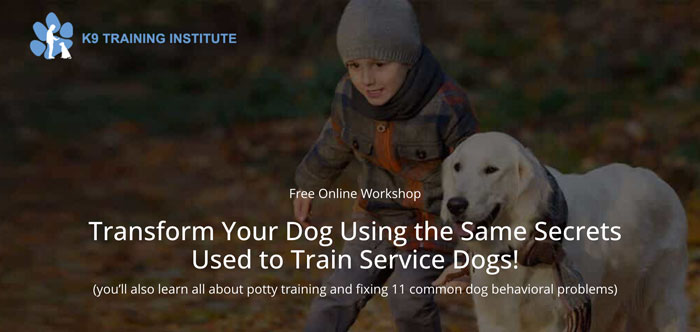Labrador Retrievers, affectionately known as Labs, are among the most popular dog breeds worldwide due to their friendly nature, intelligence, and loyalty. However, even these naturally outgoing canines need proper socialization to ensure well-rounded and confident adult behavior.
The Right Ways to Socialize a Lab Puppy
 1. Start Early and Steady:
1. Start Early and Steady:
- The primary window for socializing a Lab puppy starts as early as 8 weeks and continues until about 16 weeks.
- Regular, positive experiences during this period shape a Lab puppy’s behavior and outlook toward various stimuli.
2. Embrace Positive Reinforcement:
- Labs are eager to please and respond exceptionally well to positive reinforcement.
- Reward your Lab puppy with treats, praise, or toys for desirable behavior, making new experiences pleasant.
3. Expose to Varied People:
- Introduce your Lab puppy to people of different ages, sizes, and ethnicities.
- Gentle interactions with various individuals will help them become sociable and non-discriminatory adults.
4. Schedule Controlled Playdates:
- Labs are energetic and playful. Organize playdates with other vaccinated puppies or well-behaved adult dogs.
- Always supervise these sessions to ensure play remains safe and friendly.
5. Familiarize with Different Environments:
- Labs are versatile dogs. Take your Lab puppy to different places: city streets, parks, beaches, and more.
- This exposure ensures they remain calm and adaptable in varied settings.
6. Introduce Everyday Noises:
- Labs can be hunting dogs with acute senses. Familiarize them with daily sounds such as doorbells, kitchen appliances, car horns, and more.
- By ensuring these noises are non-threatening, you’ll help your Lab puppy become less reactive.
7. Meet Other Animals:
- If you have other pets or frequent places with other animals, introduce the Lab puppy under controlled conditions.
- Positive experiences will help them coexist peacefully with other animals.
8. Encourage Water Familiarity:
- Labs typically love water. Introduce your Lab puppy to water bodies in a controlled manner, ensuring safety.
- Whether it’s a kiddie pool, a calm lake, or gentle beach waves, it’ll prepare them for potential future swims.
9. Encourage Gentle Handling:
- Labs are often family dogs. Make sure they’re accustomed to being handled — touch their paws, ears, tail, and around their mouth.
- This prepares them for vet visits, grooming, and interactions with kids.
10. Prioritize Crate Training:
- A crate can be a safe haven for a Lab puppy. Introduce them to it gradually.
- Proper crate training can help in scenarios where confinement is required, like vet visits or travel.
11. Attend Structured Socialization Classes:
- Puppy socialization classes provide controlled environments where a Lab puppy can interact and learn.
- They also pick up on basic obedience cues and manners in these settings.
12. Ensure Calm Car Rides:
- Acclimatize your Lab puppy to car rides. Start with short distances and ensure they’re securely seated or crated.
- Positive car ride experiences will make future trips stress-free.
13. Monitor and Redirect:
- Always be observant of your Lab puppy’s behavior. If they display signs of fear or unease, step in to redirect or comfort them.
- Avoid reinforcing fearful behaviors by coddling excessively.
14. Consistent Boundaries:
- While socialization is about exposure, it’s also essential to set boundaries.
- Teaching a Lab puppy what’s acceptable behavior ensures they interact appropriately with their environment.
15. Enroll in a Puppy Obedience Training Program:
- Beyond socialization, structured training plays a pivotal role in raising a well-adjusted Lab.
- For comprehensive guidance, consider enrolling in recognized training programs. Both the SpiritDog’s Ultimate Puppy Training Program and the K9 Training Institute’s Dog Masterclass offer comprehensive tools and strategies tailored to assist in training and socializing your Lab puppy effectively.
The Wrong Ways to Socialize a Lab Puppy
 Labrador Retrievers, known for their amicable nature, are often assumed to be easy to socialize. However, even with this breed, there are incorrect methods that can impede their development or foster negative behaviors. Here’s a guide to what you should avoid when socializing your Lab Puppy:
Labrador Retrievers, known for their amicable nature, are often assumed to be easy to socialize. However, even with this breed, there are incorrect methods that can impede their development or foster negative behaviors. Here’s a guide to what you should avoid when socializing your Lab Puppy:
1. Delaying the Process:
- Waiting beyond the ideal window of 8 to 16 weeks to begin socialization can make it harder for the Lab Puppy to adapt and learn new behaviors.
2. Overwhelming with Too Much, Too Soon:
- Exposing a Lab Puppy to multiple new experiences in rapid succession can induce stress and fear. Gradual introduction is the key.
3. Allowing Uncontrolled Dog Interactions:
- Not all adult dogs are patient with puppies. Allowing unsupervised interactions can lead to traumatic experiences for the Lab Puppy.
4. Ignoring Signs of Discomfort:
- When a Lab Puppy shows signs of fear or anxiety (like tail-tucking or whining), continuing the exposure thinking they’ll “get over it” can reinforce those negative feelings.
5. Using Negative Reinforcement:
- Scolding, shouting, or using punitive measures during socialization can make the Lab Puppy associate new experiences with punishment.
6. Isolating After Bad Experiences:
- If the Lab Puppy has a negative experience, avoiding that situation altogether in the future can cement the fear. Instead, reintroduce gently and positively.
7. Not Correcting Resource Guarding:
- If your Lab Puppy shows signs of resource guarding (being possessive about food, toys, etc.), not addressing it can lead to aggressive behaviors later on.
8. Avoiding Strangers:
- Only exposing the Lab Puppy to familiar faces can make them wary or anxious around strangers in the future.
9. Forcing Interactions:
- Pushing a Lab Puppy into situations or forcing them to interact, especially when they’re showing reluctance, can backfire, making them more fearful.
10. Skipping Different Environments:
- Limiting the Lab Puppy’s exposure to just one environment, like your home, denies them the opportunity to adapt to various surroundings.
11. Neglecting Noise Desensitization:
- Shielding a Lab Puppy entirely from sounds like thunder, fireworks, or traffic can result in a dog that’s hyper-reactive to these noises later.
12. Overindulging Play Behavior:
- Labs are playful, but not setting limits can lead to unruly or overly boisterous behavior. A Lab Puppy should know when to calm down.
13. Ignoring the Leash Training:
- Failing to introduce the Lab Puppy to a leash and collar can make future walks or public outings challenging.
14. Avoiding Alone Time:
- While socialization is essential, the Lab Puppy also needs to learn to be independent. Never letting them be alone can foster separation anxiety.
15. Disregarding Human Behavior:
- If humans around the Lab Puppy tease, play rough, or encourage aggressive behavior, it can influence the puppy’s behavior and perception of acceptable interactions.
16. Over-Protectiveness:
- Being overly protective can hinder the Lab Puppy’s confidence and ability to explore. They need to experience minor challenges to learn and grow.
17. Not Introducing Different Transport Modes:
- If you plan to travel with your Lab in the future, not familiarizing them with car rides, buses, or any other mode can lead to transport anxiety.
18. Overlooking Regular Vet Visits:
- Not making vet visits a routine can make the Lab Puppy fearful of the clinic environment and the vet.
19. Failing to Address Unwanted Behaviors:
- Behaviors like excessive barking, nipping, or jumping should be addressed during puppyhood. Ignoring them can solidify these behaviors in adult Labs.
Consider Online Dog Training for Your Lab Puppy
Our 2 favorite online courses are:
1. SpiritDog’s “Perfect Obedience” Course
The Perfect Dog Obedience Bundle is an online dog training program designed to help dog owners achieve well-behaved pets. The comprehensive course covers basic obedience, and loose leash walking, and includes bonus mini-courses on training habits and rewards, stopping jumping, and separation anxiety solutions. With lifetime access to expert trainers for personalized feedback and a 60-day money-back guarantee, this course aims to provide effective, accessible training for a variety of dog behavior issues.
2. K9 Training Institute’s “Dog Masterclass”
More than just an obedience course, this more comprehensive training course tackles any behavior problem you might face with your dog.
In essence, while Labrador Retrievers have a naturally friendly and adaptable disposition, improper socialization techniques can foster negative behaviors or fears. Understanding and avoiding these common pitfalls is essential to raising a Lab Puppy that is well-rounded, confident, and a joy to have around. Proper socialization is less about the quantity of experiences and more about the quality and positivity of each encounter.


 Toledo, United States.
Toledo, United States.